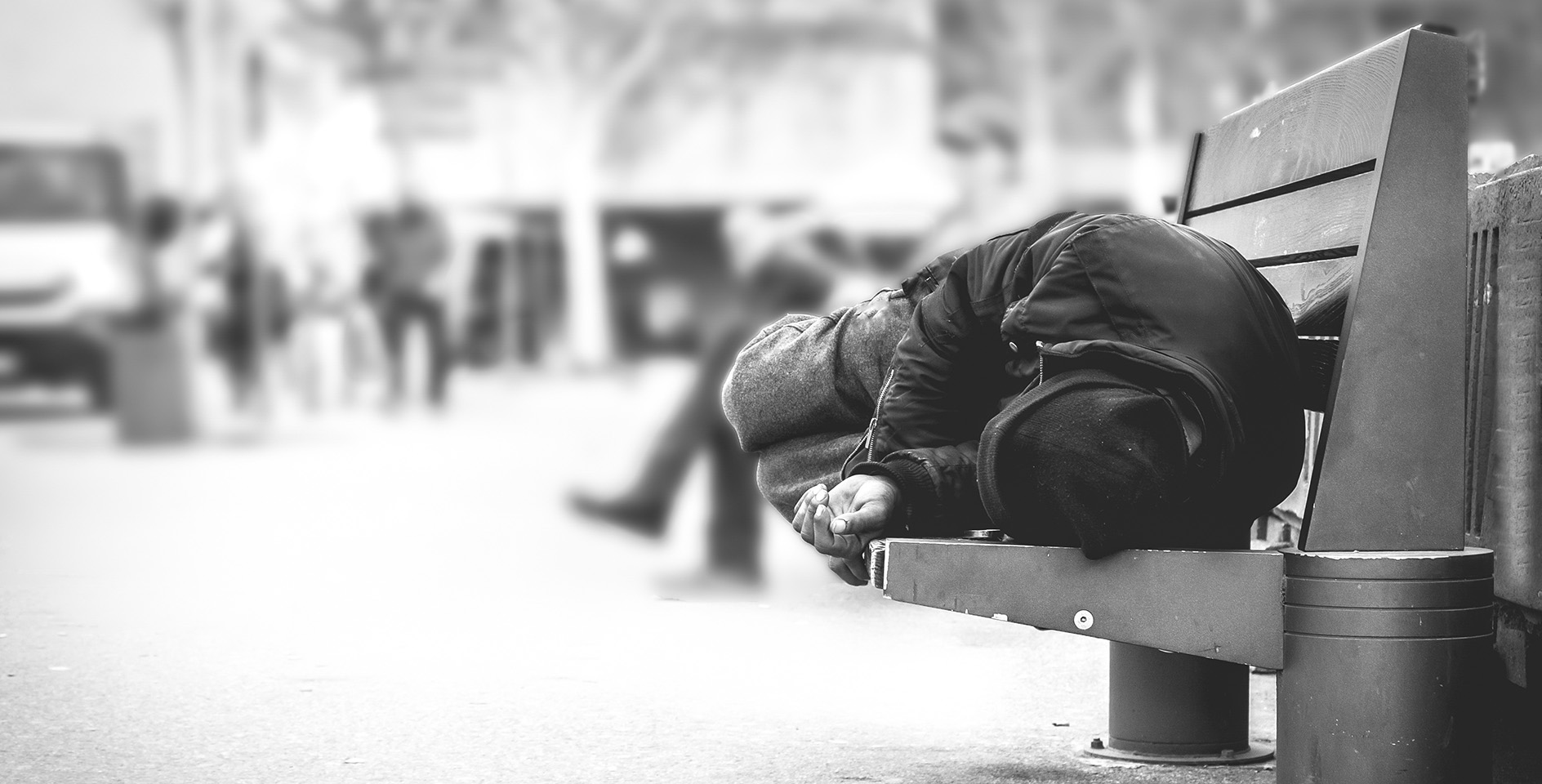We can’t imagine a world without Christmas. Since childhood, our days have been numbered by what preceded and proceeded from Christmas. There is Before Christmas (B.C.) and After Christmas (A.D., the year of our Lord). Though some of our post-Christian neighbors would like to change the acronym, we know what the hinge of history is—the Day that changed everything.
I’ve been thinking about this lack of historical objectivity a lot lately. I’ve spent time reading and meditating on the Christmas narrative in the Scriptures, reading the Advent lectionaries and trying to imagine what it would have been like to be there. I’ve wondered what it felt like to be among those to whom it was announced, “Today in the town of David a Savior has been born to you; he is the Messiah, the Lord. This will be a sign to you: You will find a baby wrapped in cloths and lying in a manger” (Luke 2:11-12).
'Go see the King. He’s in the barn'
There’s a deep irony in the Christmas story. First, there’s the nativity itself. The creator of the universe, the King of kings, was born in a barn. In Christmas, God unveils an economy of what is truly “good” and “blessed.” It’s in harmony with the Sermon on the Mount and 1 Corinthians 1:20-31, turning the wisdom of the world on its head.
The news of the Savior’s birth is not announced to the cultural elites or the middle class, but to shepherds. Smelly, unkempt, hill-dwelling, bottom-caste outsiders. And to add insult to injury, the signs of the Savior’s birth are comprehended not by the religious establishment—those with their theological “i’s” dotted and “t’s” crossed—but by Magi, about whom we know very little. Perhaps they were faithful believers in Babylon, carrying on the work that Daniel began when he served in the kingdom there. Perhaps something else. They certainly weren’t priests, Pharisees, or ethnic Jews.
As Andrew Peterson says, “It was not a silent night.” It was a dingy and earthy experience. I have friends who unexpectedly delivered a baby at home. I stood in their bathroom a few hours afterward, hearing the story, viewing the aftermath. There’s not much that’s dignified about such an experience. And that was with the luxury of clean linens and air conditioning. The ceramic creche on a mantle doesn’t give us a sense of the violence, the viscera, the scarring and tearing, the deeply human and hauntingly cursed pain of such a moment, the indignity of birthing surrounded by cud-chewing ruminants.
Christmas’s cosmic violence
The Scriptures tell us that something cataclysmic was going on. As Mary labored, an evil stirred that was so great, so devilish that it called for the blood of all Bethlehem’s infant sons. Our hero and has family were hunted by Satan himself and fled to Egypt, chased by an ancient evil throwing stars down from the sky.
Christmas is violent. It’s earth-shattering. The very order of things, the way the world worked, was being rewritten. In 1811, an earthquake in Missouri caused church bells to ring in Philadelphia and made the Mississipi River run backwards. When the Christ-child gasped his first breath, the hinge of history swung in a new direction, and hell shuddered. The assault on its gates had begun.
We celebrate Christmas right at the Winter Solstice—a bit of metaphorical genius, if you ask me (at least for those of us in the northern hemisphere). Right as the year reaches its coldest, just as the nights get their longest and darkest, we open our Bibles and read,
The people walking in darkness
have seen a great light; o
n those living in the land of deep darkness
a light has dawned. (Is. 9:2)
Historically, the church observed Advent in the month before Christmas, a month of fasting and anticipation. I grew up in churches that skipped the fasts and dove straight into the fa-la-la’s. Discovering Advent was like discovering Good Friday. A deep well of meaning gave Christmas wider and broader dimensions. For all of Christmas’s cause for celebration, there’s an accompanying need to awaken our minds to the surrounding desperation. The world was, and remains in many ways, in darkness. Christmas is part of that glorious already/not-yet tension, where the finished song of redemption awaits the “Amen!” of restoration. We celebrate Christmas in a broken and fallen world, in broken and fallen churches full of broken and fallen people.
Whatever we do in these coming days, let’s not miss the truly epic story of irony and violence that is the “true meaning” of Christmas. Jerome may have said it best when he said:
He found no room in the Holy of Holies that shone with gold, precious stones, pure silk, and silver. He is born not in the midst of gold and riches, but in the midst of dung, in a stable (wherever there is a stable, there is also dung) where our sins were more filthy than the dung. He is born on a dunghill in order to lift up those who come from it; “from a dunghill he lifts up the poor” (Ps. 113:7).
The season takes a toll upon many. It exposes our consumerism and our empty pocketbooks; our lack of generosity and impatience with crowds and families. It reveals our loneliness and sense of isolation, and often ends with a great sense of letdown. Many who gather with us in worship will find themselves on a dunghill, or on a lonely mountain. Those we often dismiss as “Scrooges” are just the down-trodden to whom the angels sang, and for whom the one perfect, pure thing in the universe suffered such violence and indignity.
As Isaac Watts taught us to sing:
No more let sins and sorrows grow, Nor thorns infest the ground; He comes to make his blessings flow Far as the curse is found.
This article was originally published by The Gospel Coalition.









